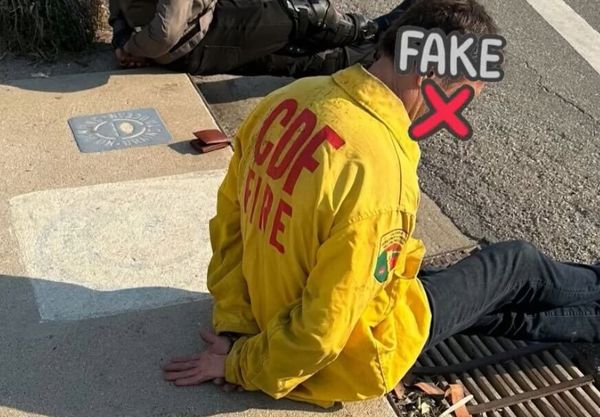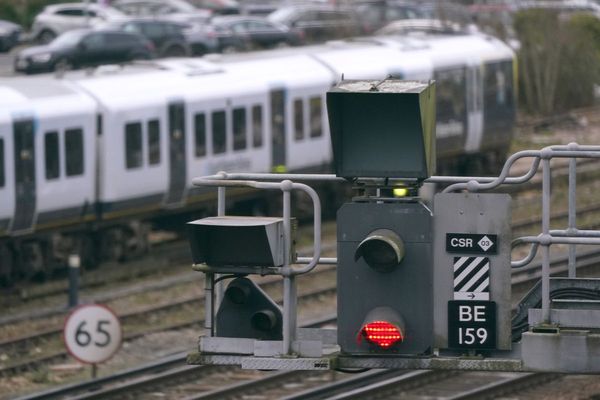
In a move that defies mounting pressure from international entities, the Israeli military has declared its intention to expand its operations against Hamas in the Gaza Strip. The focus of the military offensive is set to shift towards the southern region of Gaza, marking a new phase in the campaign against the militant group.
This announcement comes on the heels of the adoption of a resolution by the United Nations Security Council, which called for unimpeded access to humanitarian aid in Gaza. However, some aid organizations have criticized the resolution for not demanding an immediate ceasefire. Instead, the measure aims to establish humanitarian pauses and pave the way for a sustainable resolution to the ongoing conflict.
The Israeli Defense Forces (IDF) spokesperson has made it clear that despite international calls for de-escalation, the military's determination to combat Hamas remains steadfast. The decision to intensify operations in southern Gaza reflects the IDF's strategic assessment and underlines its commitment to dismantling the infrastructure and capabilities of the militant group.
While the resolution passed by the Security Council acknowledges the urgency of ensuring access to humanitarian aid, it falls short of explicitly demanding an immediate cessation of hostilities. Critics argue that without a firm call for a ceasefire, innocent civilians will continue to suffer the devastating consequences of the conflict.
On the ground, the situation remains dire, with reports of widespread destruction and a growing humanitarian crisis. The Gaza Strip, already grappling with a dire socio-economic situation, is now confronted with the added burden of limited access to basic necessities, including food, clean water, healthcare, and electricity. The need for immediate humanitarian assistance cannot be overstated.
Despite the criticism and calls for a ceasefire, Israel's military objectives seem to have outweighed international pleas for de-escalation. The expansion of operations into southern Gaza indicates that the IDF is intensifying its efforts to degrade Hamas's military capabilities and eliminate the threat it poses to Israeli security.
As the conflict enters a new phase, the international community faces a challenging task of finding a sustainable solution that addresses both the immediate humanitarian needs of the people in Gaza and the long-term security concerns of Israel. The adoption of the recent resolution by the UN Security Council represents a step towards this goal but falls short of the urgent and decisive action required to end the suffering of innocent civilians caught in the crossfire.
Ultimately, a lasting peace in the region can only be achieved through a comprehensive and inclusive dialogue that addresses the root causes of the conflict and ensures the human rights and security of all parties involved. As the Israeli military prepares to expand its operations against Hamas, the urgent need for continued diplomatic efforts and peaceful negotiations cannot be overstated.







